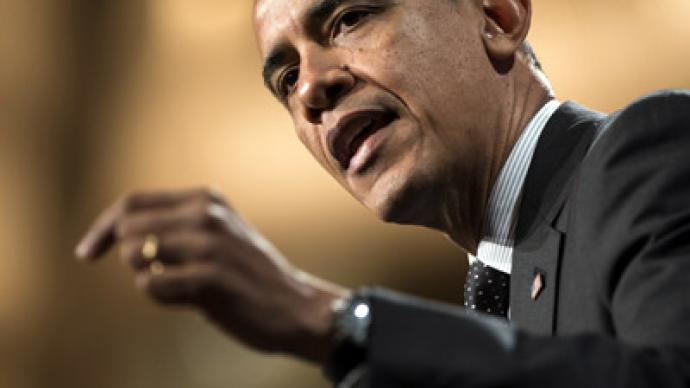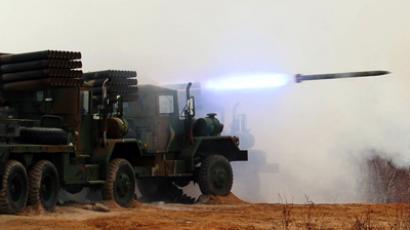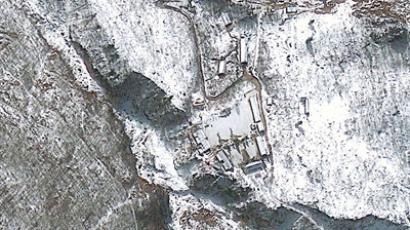US calls N. Korean nuclear test ‘threat to national security’

Washington considers the latest nuclear test by North Korea a threat to US national security, and has threatened “swift and credible action.” Pyongyang responded by warning of further confrontation, unless pressures on the country are lifted.
The US “will also continue to take steps necessary to defend ourselves and our allies,” President Barack Obama said in a statement, adding that Washington will be “vigilant in the face of North Korean provocations and steadfast in our defense commitments to allies in the region.”Despite pressure from other nations, North Korea proceeded with its plans to carry out its third nuclear test on Tuesday, detonating a device with an estimated yield of about seven kilotons. The move prompted outrage from abroad, which Pyongyang said the test was necessary to defend its national security and sovereignty from the US and its allies.After the test sparked international condemnation, Pyongyang threatened that if the US responds to the test “with hostility,” then unspecified “second and third measures” may follow. This corresponds with earlier speculation that Pyongyang seeks to detonate more than one nuclear device.
Pyongyang also said it would not bow to international pressure, including resolutions by the UN Security Council that ban North Korea from developing either nuclear or rocket technology.
"The US and their followers are sadly mistaken if they miscalculate the DPRK [Democratic People's Republic of Korea] would respect the entirely unreasonable resolutions against it. The DPRK will never bow to any resolutions," Jon Yong Ryong, first secretary of North Korea's mission in Geneva, told the Conference on Disarmament.
The diplomat added that if its southern neighbor wants peace in the Korean Peninsula, it should urge Washington “to terminate its hostile policy towards” North Korea.
Just days before the third nuclear test was carried out, the South Korean military said it may launch a pre-emptive strike on North Korea to prevent it. The US also said that such action was an option.North Korea’s military, while strong in numbers, is considered by military experts to be too old and undersupplied to pose a significant threat to technically advanced nations. Those include America’s allies South Korea and Japan, both of which host US troops in addition to buying modern hardware from Washington.Still, a surprise attack by the DPRK could result in massive civilian casualties in Seoul, which is located within range of North Korean artillery.Pyongyang is unlikely to have the means to attack the mainland US, although it theoretically over the years could turn its nuclear device design into a missile warhead capable of atmospheric re-entry, and upgrade its long-range missiles to be able to reach US territory.North Korea regularly voices threats against the US and its allies as part of what is seen as its traditional rhetoric.














